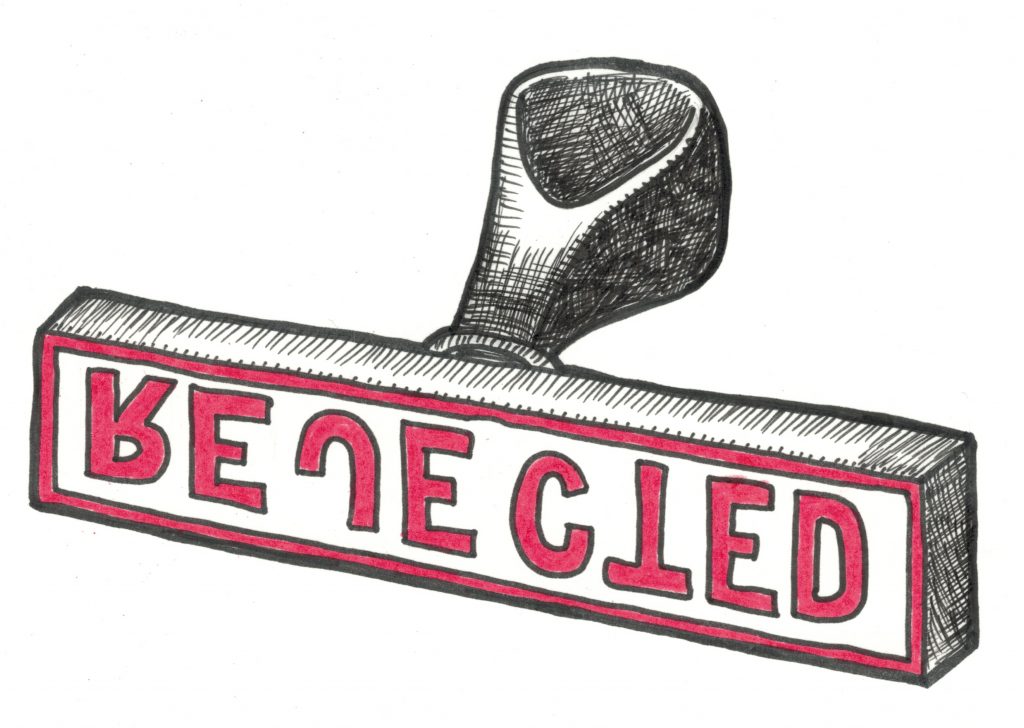
My completed memoir has been burning a hole in my laptop for about two years now. To say my publishing journey has been an exercise in frustration is an understatement of the magnitude of saying the Incredible Hulk has minor anger-management issues.
To briefly recap:
After months of trying, I finally secured an agent who loved my book and said my writing was “brilliant.” I didn’t trust his assessment, but it was encouraging to hear. Despite the “brilliance” of my book, said agent was unable to secure a publisher. No other agents are clamouring for my attention. So, as I review my dumpster fire of a writing career, I have some perspective on the ways NOT to get your book published. Here are five things NOT to do:
Write a Memoir if You’re a Privileged White Male. For non-famous people, successful memoirs are written by reformed drug addicts, cancer survivors, victims of sexual abuse, or those with horrific stories of growing up. I find this especially annoying because I am positive my story will resonate with educated, disaffected office workers, afraid to face their mid-life crises. It’s a depressing fact that if you are an adult film star and call girl to a presidential nominee who, remarkably, became president, there’s probably a seven-figure book advance in your future.
Say “Yes” to the First Agent Who Offers a Contract. I should have waited for the right agent to come along – instead, I said yes to the first one because I was flattered and in a hurry. But having an unsuccessful agent and then firing him (before he fired me) was worse than not finding an agent. I think I’m less attractive to other agents now, somehow tainted because of past failures. And since a new agent is unable to contact publishers already approached by my first agent, a new agent may be reluctant to take on a writer with a smaller pool of potential publishers.
Suck at Social Media. My agent found an editor at a large American publisher who loved my book and its message. The editor agreed with my agent there’s a huge market of middle-aged office workers, stuck in their jobs and afraid to quit. Maybe he was one of them. In any event, he passed on my book because it was impossible to get internal approval for a memoir of a debut writer unless the writer had a HUGE social media following. In essence, the publisher wouldn’t back any writer who couldn’t produce a ready-made and engaged list of buyers – a writer who could sell 30,000 copies to his social media subscribers without the help of the publishing house. Which begs the question: if the writer can sell that many books on his own, why does he need a traditional publisher?
Refuse to Self-Publish. My plan has always been to secure a “traditional” publisher. This means a publishing house like Random House or Penguin. Once signed by one of them, a writer is assisted with editing, design, marketing, and distribution until the book ends up in Chapters or Barnes & Noble. The alternative is self-publishing, which can mean either ebooks or physical books. However, the writer is in charge of everything, and won’t have his books in a bricks and mortar bookshop (they’ll languish in his basement). If I had gone this route, my book would’ve been available, at least electronically, in 2015. There is nothing wrong with self-publishing, and I may do it one day. But it has never been my dream, and I am stubbornly on a traditional path. You can see how far that’s gotten me.
Give up. Finding an agent and a traditional publisher for a new writer is a risky proposition at best. But as Wayne Gretzky famously said, “You miss 100% of the shots you don’t take.” If I give up now, there is ZERO chance I will realize my dream. So I forge ahead, contacting potential agents (needed to approach large publishers), and smaller publishing houses who take inquiries from writers directly. I have a HUGE Excel spreadsheet of everyone who has said “no” to me. Every writer has a spreadsheet, or a wall of thumbtacked rejection letters (pre-email). It goes with the territory, a badge of honour, and will make my victory taste all the sweeter. Maybe all it will take is one inspired, forward-looking agent or publisher to see my book’s potential. Or maybe another male will write a successful memoir, paving the way for mine. Maybe I’ll meet a guy playing hockey, and his wife’s sister’s ex-husband knows a guy who does the landscaping for an editor at Simon & Schuster. It may take a while, but it’ll happen. I won’t give up.
